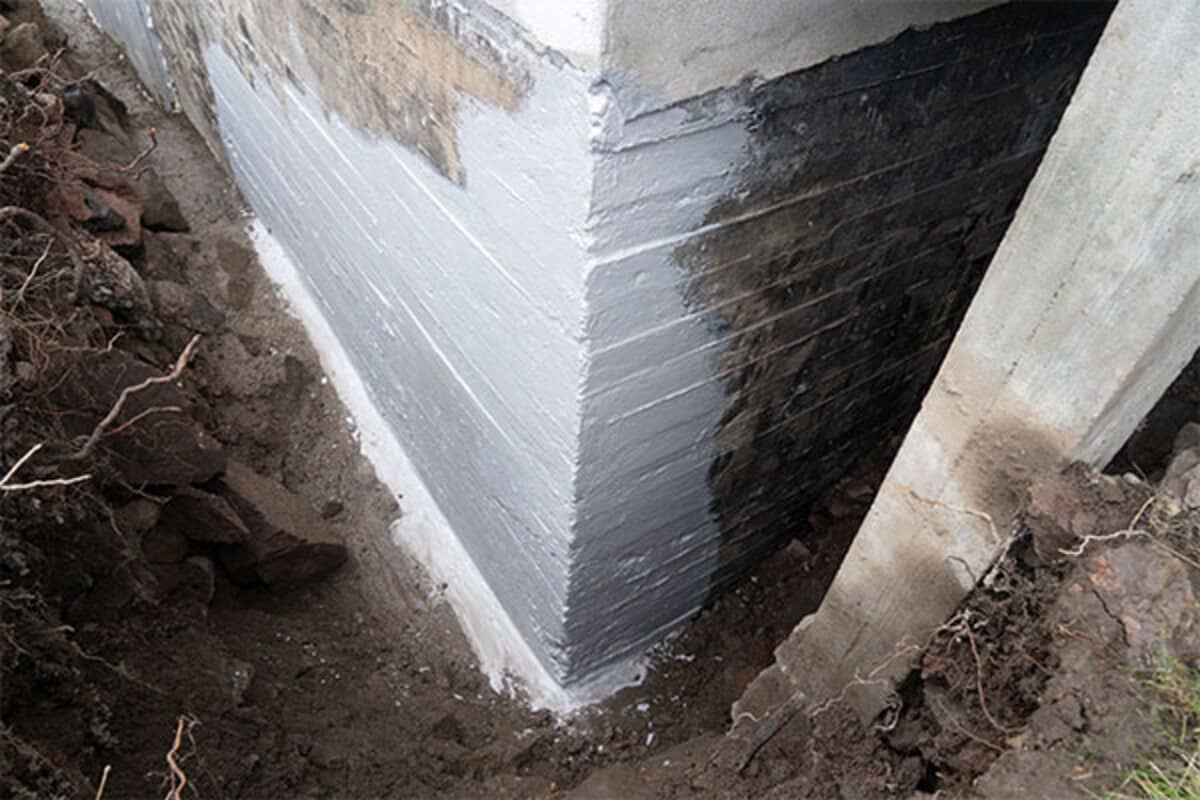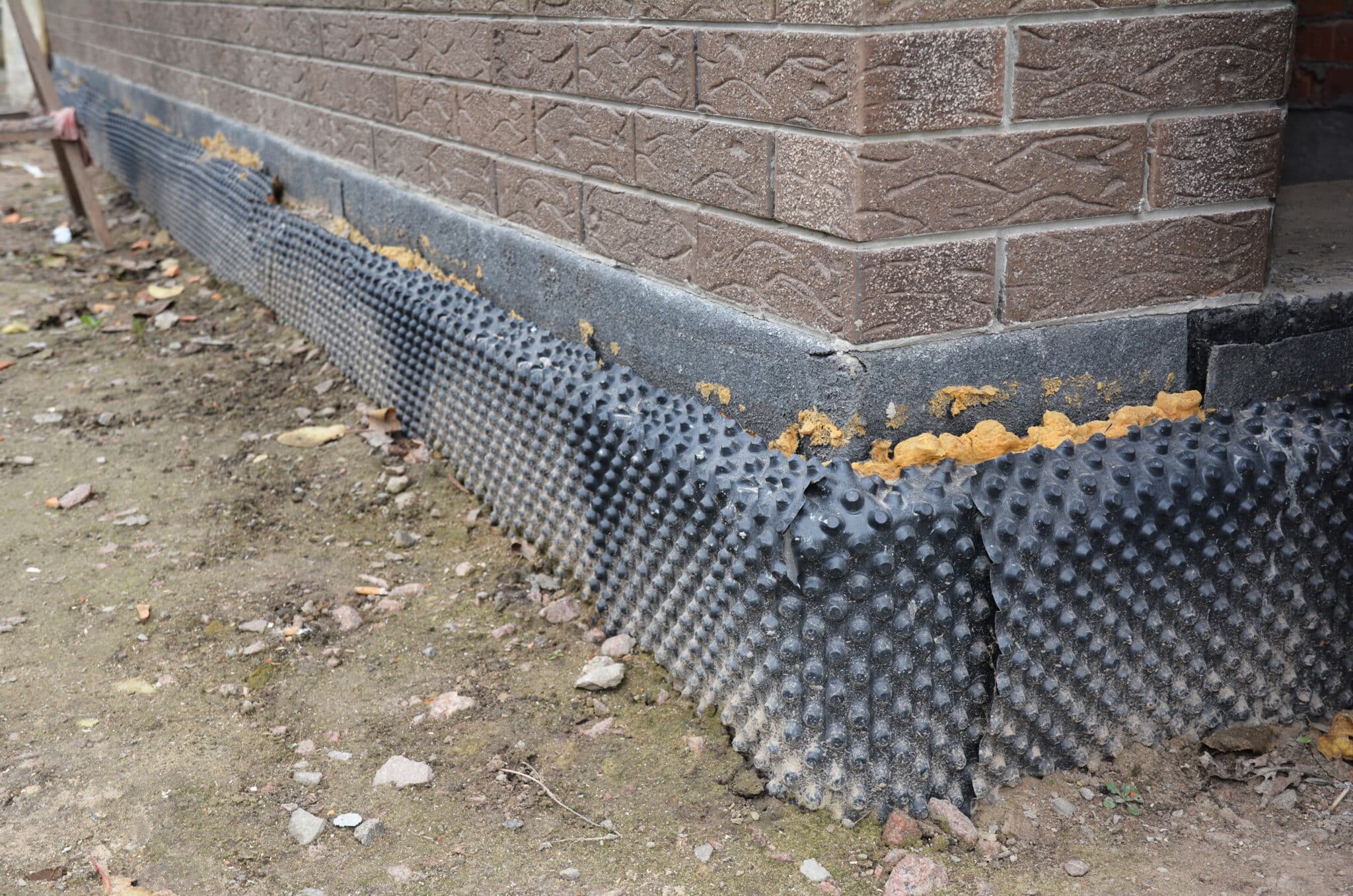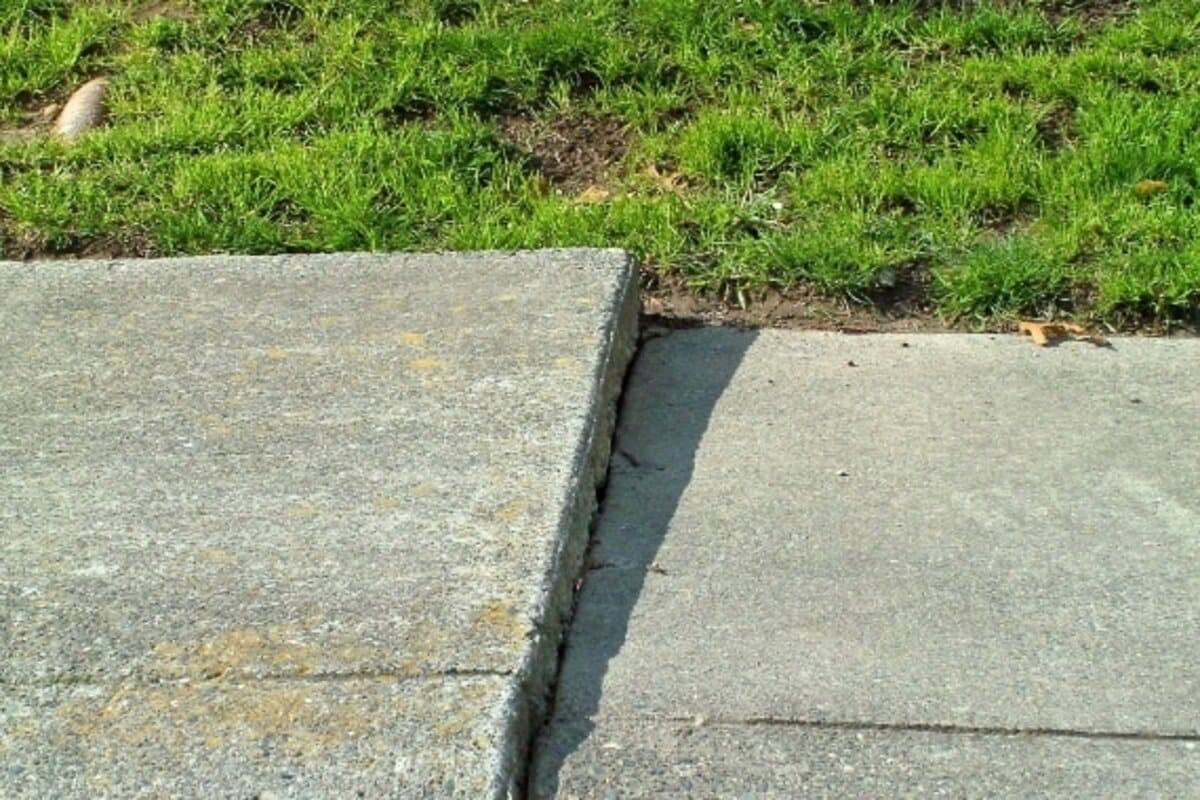Sinking foundations are a serious concern for homeowners, potentially leading to significant structural damage and costly repairs. Understanding why this phenomenon happens and recognizing the early signs can make a crucial difference in managing this issue. Here, we’ll explore the primary causes of foundation sinking, outline the early warning signs, and discuss effective solutions to fix a sinking foundation.
Causes of Foundation Sinking
1. Soil Conditions
The type of soil beneath your home plays a crucial role in foundation stability. Soils such as clay can expand when wet and shrink when dry, creating movement that affects the foundation. Similarly, poorly compacted soil can compress under the weight of a building, leading to settling or sinking over time.
2. Water Influence
Excess water from flooding, poor drainage, or plumbing leaks can lead to soil erosion or expansion around the foundation. This hydrostatic pressure pushes against the foundation walls, leading to potential bowing, cracking, and sinking.
3. Environmental Changes
Weather conditions such as droughts and heavy rains can drastically affect the soil volume and pressure around your foundation. Drought causes the soil to shrink away from the foundation, while excessive rain can oversaturate the soil, increasing the hydrostatic pressure against the foundation walls.
Early Signs of a Sinking Foundation
Recognizing the early signs of foundation problems can save you from costly repairs down the line. Key indicators include:
- Cracks in the foundation walls or floors.
- Doors and windows that stick or fail to close properly.
- Visible gaps between walls and the ceiling or floor.
- Uneven or sloping floors.
These symptoms suggest that part of your foundation may be settling at a different rate than the rest of your house.
How to Fix a Sinking Foundation
Helical Piers
One effective method to address foundation sinking is the installation of helical piers. These steel pins are driven into the ground to a stable soil layer and connected to your foundation, providing support and potentially lifting the foundation back to its original level.
Proper Drainage
Ensuring proper drainage around your home is crucial. This involves grading the soil away from the foundation, installing functional gutters, and using downspouts that direct water away from the building. These measures help reduce the hydrostatic pressure on the foundation walls.
Soil Modification
In some cases, the soil around the foundation can be stabilized or replaced with material that provides better support. Techniques like slabjacking or mudjacking are used to lift and stabilize sinking concrete slabs by injecting a cement-like mixture beneath the slab.
Professional Assessment
If you suspect your foundation is sinking, it’s essential to get a professional assessment from a reputable foundation repair specialist. They can provide a detailed inspection and recommend the best repair method tailored to your specific situation.
In Summary
Foundation sinking is a serious issue that requires immediate attention to prevent extensive damage to your home. By understanding the causes and recognizing the early signs, you can take proactive steps to address the problem.
If you’re concerned about your foundation’s integrity, don’t hesitate to contact us for a thorough evaluation and expert repair solutions. Remember, addressing foundation issues early can save you from significant repairs and maintain your home’s value and safety.




